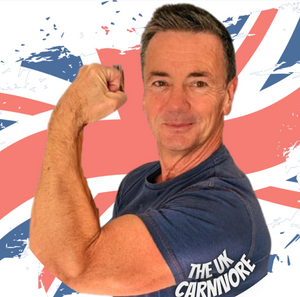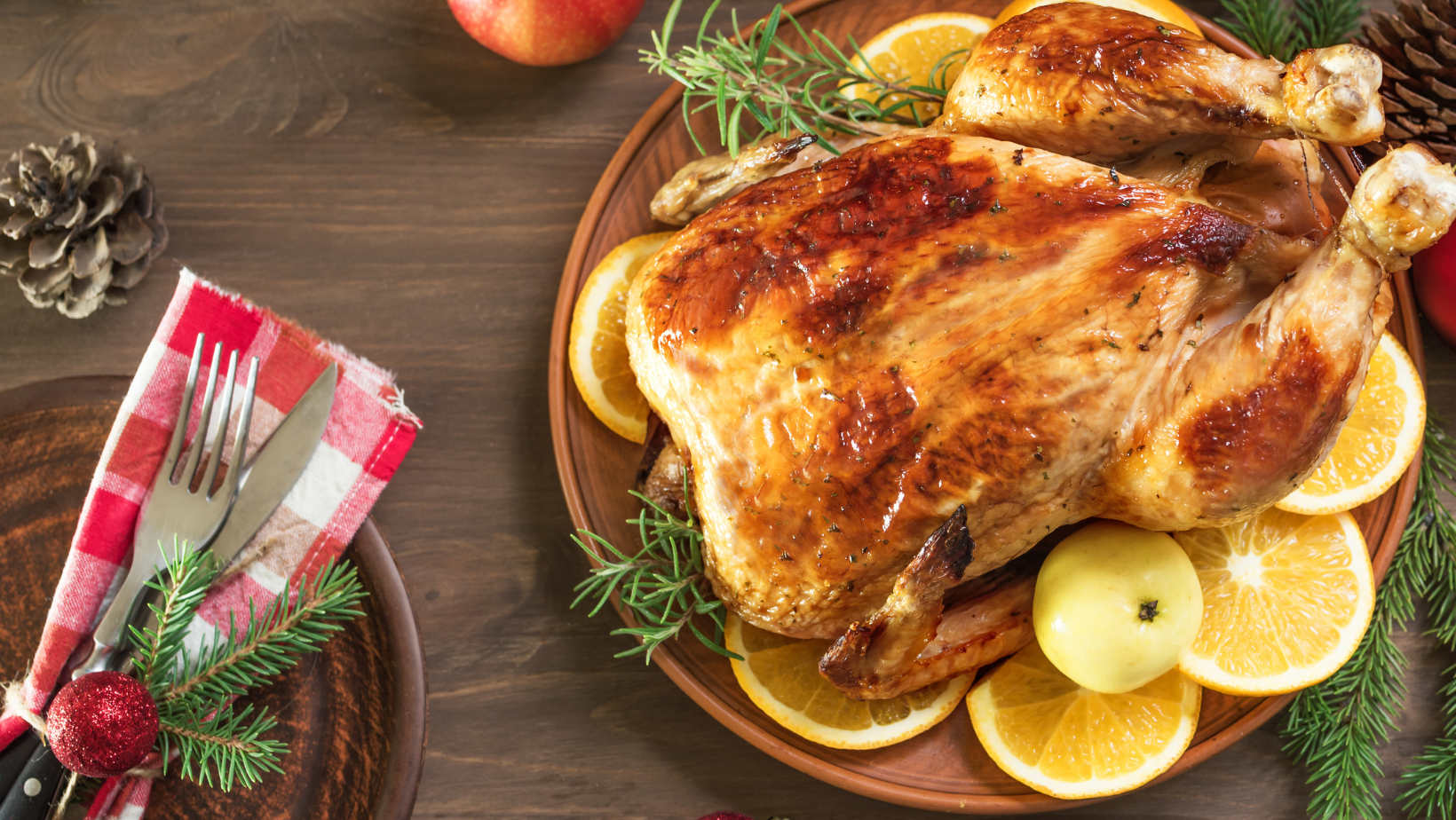
How to navigate the festive season
Social situations can be difficult at any time if you are trying to watch what you are eating. You don’t want to be a party pooper but equally you don’t wish to be ‘that guy or gal.’ The Christmas season makes these problems slightly larger, so what can you do? Below I offer some practical general tips to try and some tricks based on scientific study.
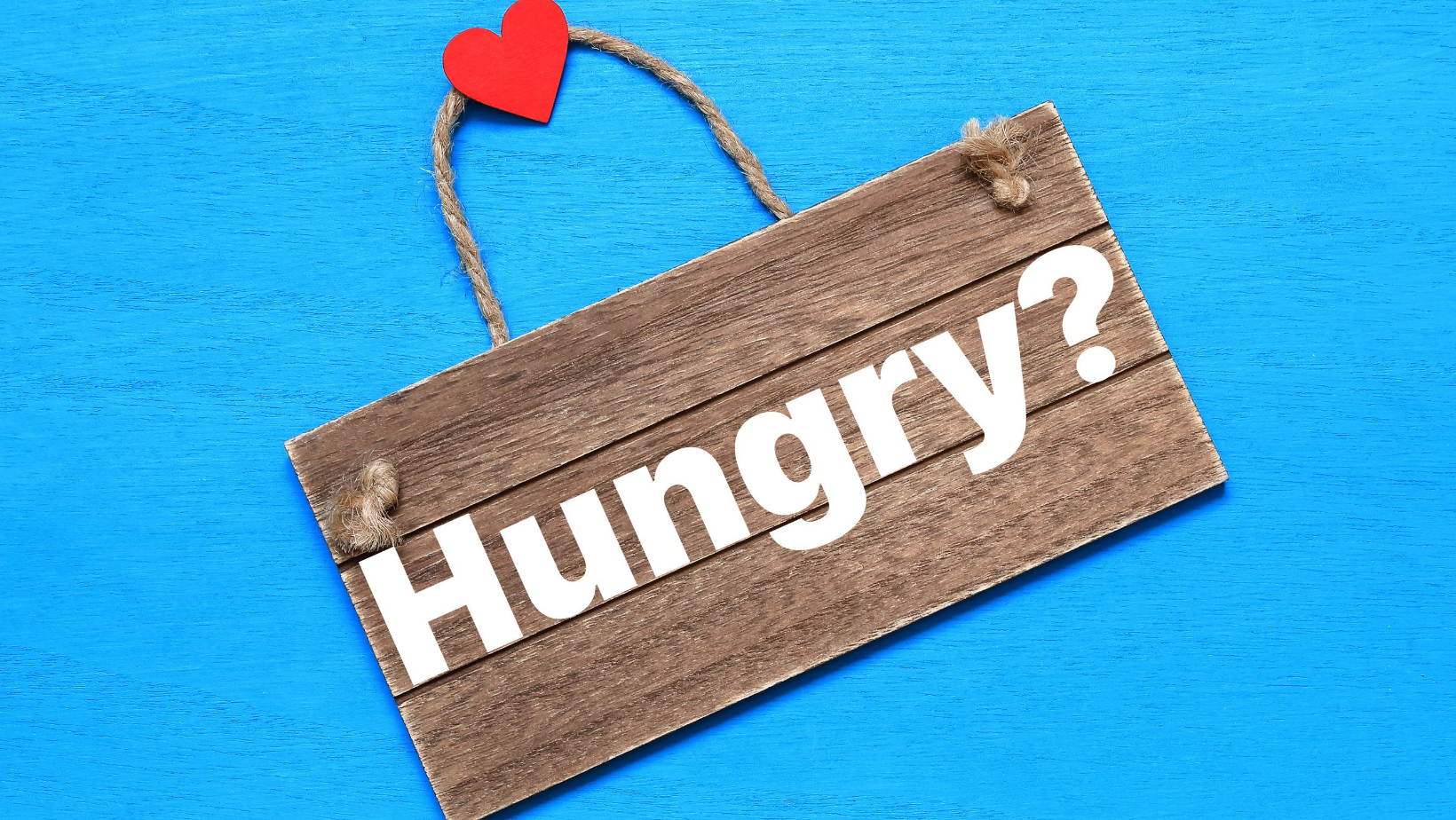
Do not arrive hungry
During my coaching sessions one of the most common questions I encounter is, ‘how do I avoid any problems with eating my way in social situations?’ and I have a few tricks up my sleeve that can be really helpful. The first one is that you do not arrive hungry. Seemingly this simple piece of guidance has helped countless people. During many years of this situation personally I have long since removed the old fashioned thinking of building up my appetite ready for a big meal out in the evening. It used to be common practice to actually make oneself hungry before going to a posh restaurant, that’s no longer the way to go.
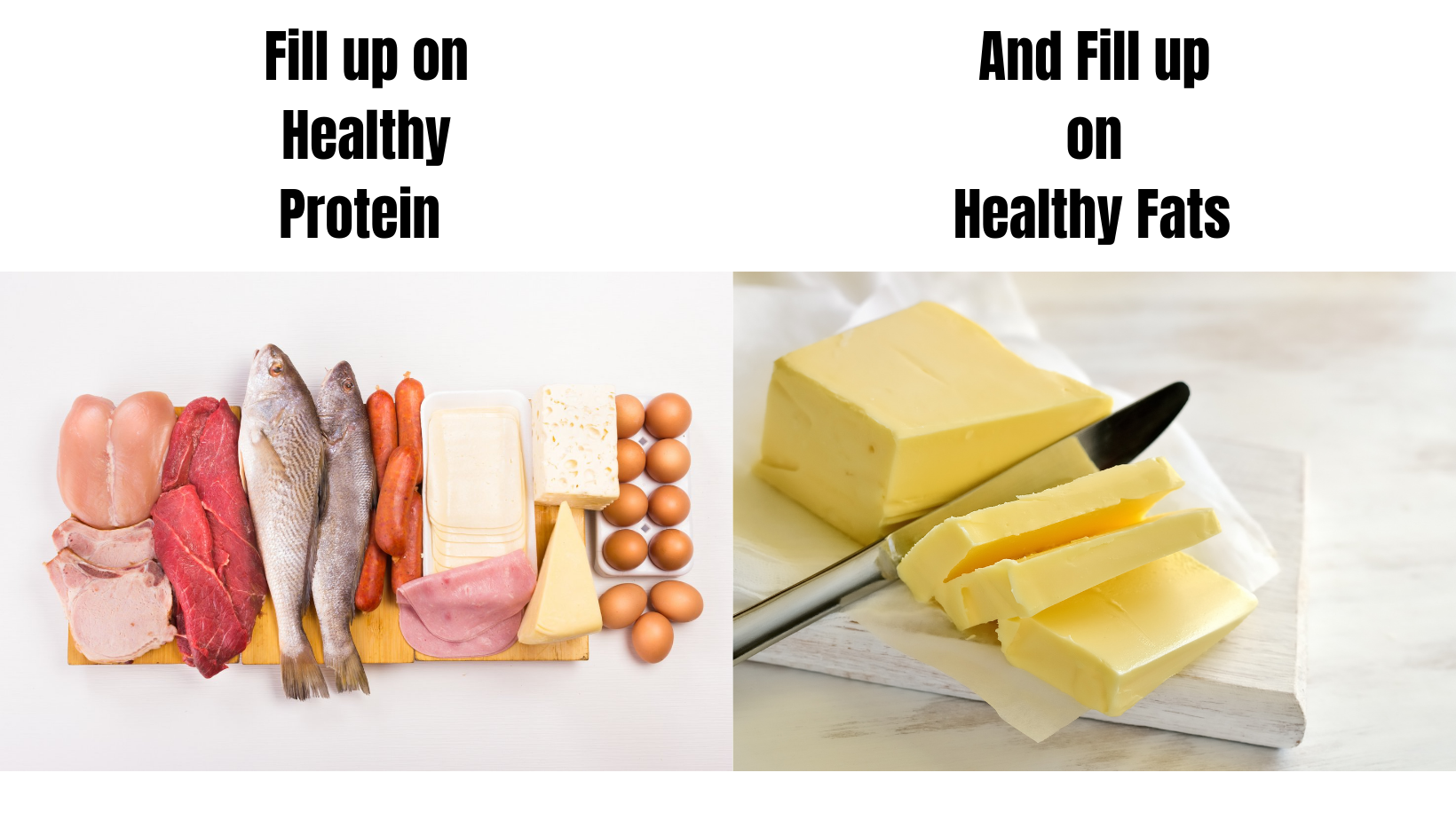
Eat Proteins and Fats to Fill Up
Next is a really simple one, eat protein and fats to fill up. This tip is backed by science and is easy to implement. When dining it is easy to ‘fill up on the bread,’ which is how many fine dining establishments trick you into thinking their small main portions are actually filling. They offer you fresh-baked bread and of course you take the bait. My tip flips this on its head and you avoid carbs and instead fill up with the much healthier option of proteins and healthy fats. For those that are not sure why this works and is helpful for keeping fat off of your body, the trick keeps insulin low while satiety is high. Insulin is an anabolic hormone, it wants to turn off fat metabolism and make you store fat (Guyton, 1981)

The third tip is to be prepared with a good answer if you feel pressured to try some food you do not want to eat. We all know that friends and family are well meaning when they offer you Aunty Jane’s wonderful homemade triple chocolate, sugar infused, candy topped, muffin style cheesecake ice cream. This can be hard to refuse on many levels but having a great response ready might ease the difficulty in saying no. Here are a few examples I garnered from my work as an online coach.
“No one ever pressured a gluten free person to eat bread”
"Would someone tell a person allergic to peanuts to have a spoonful of peanut butter? "
Yeah. Crazy. By the way, informed diabetics have been successfully telling other people that they cannot eat sugar or fruit for 60 years!
My approach is to simply say I don’t eat carbs as I feel much healthier when I leave them off the plate. The worst thing I do is accept the ‘roast potatoes that are the best things you’ll ever taste,’ and then leave them on the plate. When out dining I often will point out that any salad they put on the dish will be not eaten so please leave them in the kitchen as I hate to see food wasted.
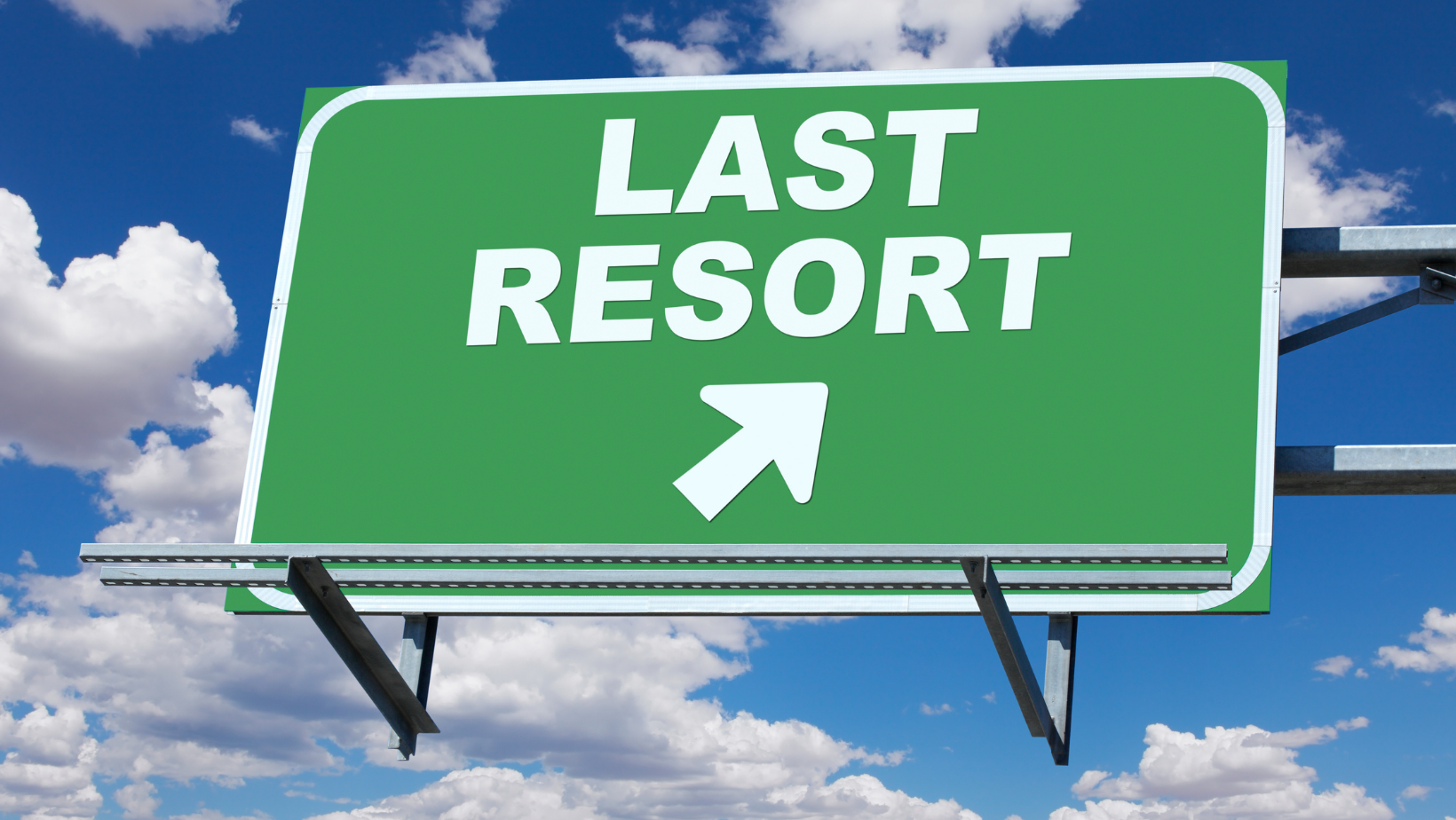
What to do if you want to eat the potato?
My last tip is for those that just feel that they ‘have’ to play along or simply can not miss out on those roast potatoes. Change the order in which you eat things. I have linked to a study regarding this tip. By simply eating any carbs last you lower the insulin response in your body. This in turn will make use of the feeling of fullness from fats and protein mentioned earlier, so you might just eat less carbs than you used to. The study took 16 participants and they consumed the same meal on 3 days in random order: carbohydrate first, followed 10 min later by protein and vegetables; protein and vegetables first, followed 10 min later by carbohydrate; or all components together. Blood was sampled for glucose, insulin, glucagon-like peptide-1 (GLP-1), and glucagon measurements at baseline (just before meal ingestion) and subsequently at 30 min intervals up to 180 min. The conclusion was that the carbohydrate-last meal pattern may be an effective behavioural strategy to improve postprandial glycemia.
So remember folks for better health outcomes it might just be better to make this year’s new resolution to ‘change WHAT you eat, not HOW MUCH you eat.
References
Carbohydrates last meal pattern study
https://pubmed.ncbi.nlm.nih.gov/28989726/
Cholesterol may not be a nutrient of concern
LDL-C does not cause cardiovascular disease: a comprehensive review of the current literature
https://www.tandfonline.com/doi/full/10.1080/17512433.2018.1519391
Guyton, A, C., Textbook Of Medical Physiology, W.B. Saunders Company, Philadelphia. (p. 963)
